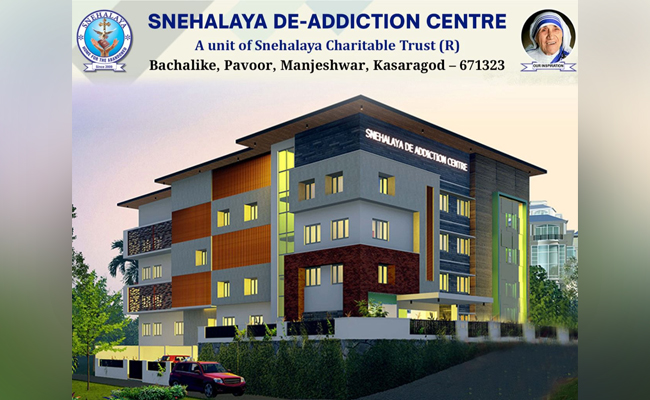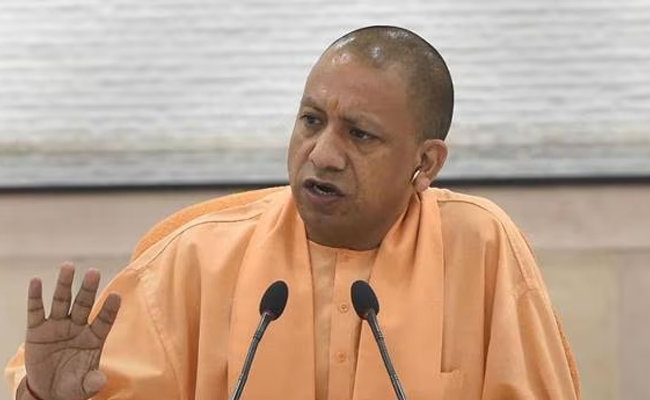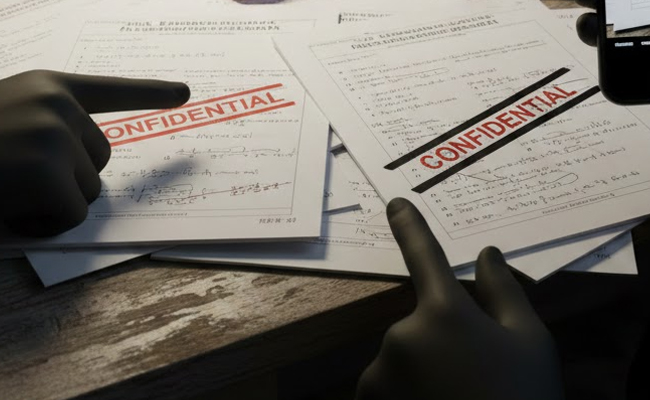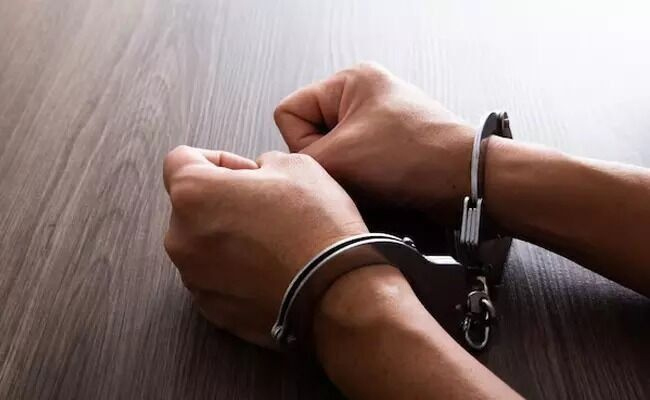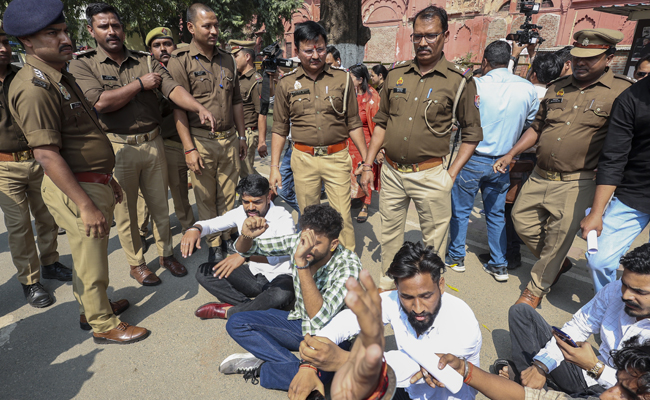Manjeshwar: The Snehalaya Charitable Trust, which has been serving individuals with mental illnesses for the past 15 years, is now extending its support to tackle a growing social challenge—addiction. The organization will inaugurate its new De-Addiction Center on October 2, 2024, at 9:30 AM at the Snehalaya Institute in Bachalike, Pavoor, Manjeshwar, Kasaragod.
The center will be inaugurated by Michael D Souza, a prominent Indian Non-Resident Businessman from Dubai, and blessed by Most Rev. Dr. Peter Paul Saldanha, Bishop of Mangalore Diocese. Venerable Deepak Valerian Tauro, Assistant Dean of Delhi Diocese, will be the Chief Guest at the event.
Keynote addresses will be delivered by renowned journalist Vijayalakshmi Shibaruru and multi-religious sage Atmadas Yami. Other notable attendees include U.T. Khader, Speaker of the Karnataka Legislative Assembly, MLA A.K.M. Ashraf from Manjeshwar, MLA Kunhambhu from Uduma, and Daijiworld founder Walter Nandalike. More than 50 distinguished guests, 100 donors, and thousands of spectators and well-wishers are expected to attend.
Founded in 2009 on Saint Mother Teresa’s 99th birthday, Snehalaya Charitable Trust has provided shelter, medical care, and rehabilitation to over 1,300 individuals with mental illnesses. It began as a small initiative by Joseph Crasta, an auto driver from Mangaluru, after witnessing the plight of the homeless and mentally ill. Over time, the organization has grown into a comprehensive rehabilitation center recognized by the government and appreciated by the public.
The organization operates a Psycho-Social Rehabilitation Center for Men, established in 2009, which serves 300 mentally ill individuals by providing food, medical assistance, and rehabilitation services. In 2019, Snehalaya expanded its reach by launching a Psycho-Social Rehabilitation Home for Women, catering to 90 homeless women with mental and social issues.
The organization also runs a free mid-day meal program called Snehalaya Manna, which has provided daily meals to 700 patient attendants and the underprivileged at Wenlock District Government Hospital, Mangaluru, since 2015. Additionally, Snehalaya offers free ambulance services for socio-economically backward families, provides food kits to vulnerable communities, and actively participates in relief work during emergencies such as the Kerala floods and Coorg landslides.
The organization has also been a crucial support system during the COVID-19 pandemic, constructing houses for families in need, distributing food, and offering medical aid. Through these comprehensive initiatives, Snehalaya continues to make a substantial impact in the field of social service.
Since its inception, the Trust has rescued over 1,600 homeless people and reunited more than 1,300 residents with their families.
With the launch of its new De-Addiction Center, Snehalaya aims to build an "Addiction-Free Society," focusing on providing care, treatment, and rehabilitation for individuals suffering from various forms of addiction, which is increasingly affecting the youth, adolescents, and women.
Let the Truth be known. If you read VB and like VB, please be a VB Supporter and Help us deliver the Truth to one and all.
Singapore (PTI): Chief Minister Yogi Adityanath has invited Singapore-based Global India International School (GIIS) group to set up its model in Lucknow.
The visiting Chief Minister appreciated GIIS as a school modelled on the values of Excellence and Skills upgradation.
He invited the school group to set up its model in Lucknow during his address to the Indian diaspora.
Yogi observed this and encouraged GIIS to continue on this path and bring this excellence to Lucknow.
"We are humbled by his invitation and will definitely take steps in the right direction," said Atul Temurnikar, chairman and co-founder of the Global Schools Group, the parent of GIIS and 64 international campuses across major Asian capital cities as well as the United Kingdom.
"GIIS has always been an innovative organisation where the student is the focal point. Our goal is to bring the best education to every child, and an up-and-coming Uttar Pradesh can be our next step in that direction,” Temurnikar told PTI on Tuesday.
The Group, which has 64 international campuses, hosted the Chief Minister Adityanath at its One World International School campus for dialogue and interaction with the Indian diaspora on Monday evening.
Temurnikar noted that it was a meaningful dialogue on the state’s expanding investment landscape after hosting 1,500 Indians based in Singapore at the interaction.
“Uttar Pradesh has a promising future under his leadership, which is evident from the state’s strong focus on infrastructure, industry, and governance. It is presenting significant opportunities for global collaboration, he said.
“The success of this evening (interaction) reflects the growing interest within the Indian diaspora in contributing to India’s economic growth and long-term development,” added Temurnikar.

